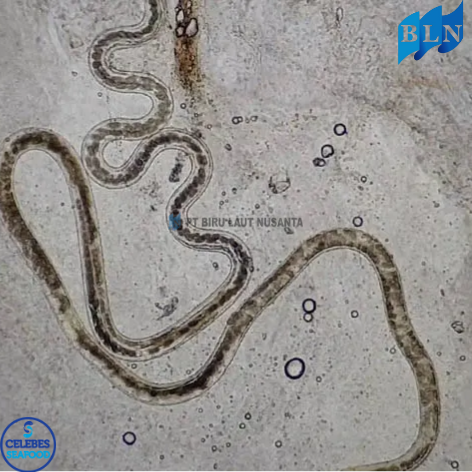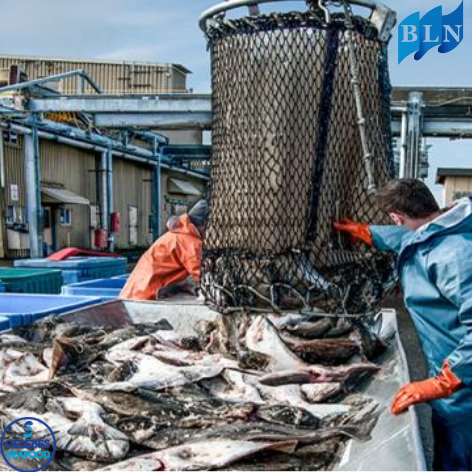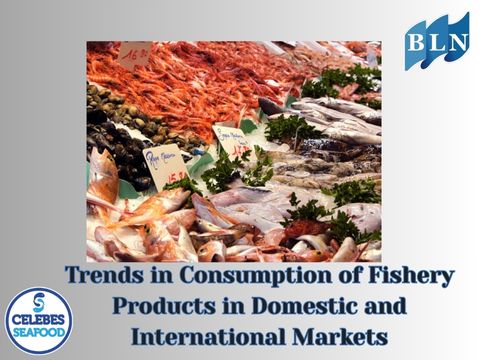The Strategic Role of the Fisheries Industry in Achieving National Food Security
By. Amma - 14 Apr 2025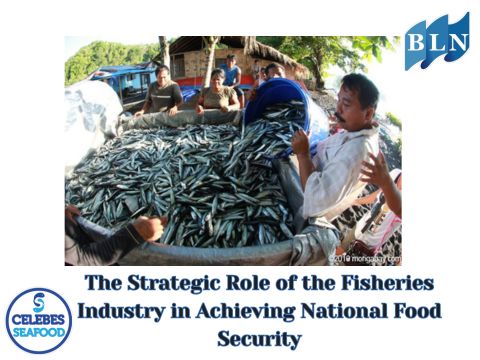
lautnusantara.com The fisheries industry is a broad and complex economic sector, encompassing a wide range of activities related to the capture, cultivation, processing, distribution, and marketing of fish and other aquatic products. In Indonesia, as an archipelagic country with abundant marine resources, the fisheries industry plays a very important and strategic role.
1. Essential Food and Nutrition Source:
- The fisheries industry provides a source of high-quality animal protein, omega-3 fatty acids, vitamins, and other essential minerals that are crucial to the health and nutrition of the Indonesian people.
- Regular consumption of fish can overcome the problems of malnutrition and stunting, especially in vulnerable groups such as children and pregnant women.
- Diversification of fisheries products can offer a variety of nutritional choices for the community.
2. Economic Contribution and Employment:
- The fisheries industry creates significant employment, from fishermen, cultivators, processors, to traders and distributors. This contributes to increasing income and community welfare, which indirectly strengthens food security at the household level.
- Exports of fisheries products generate foreign exchange, which can be used to support other food security programs.
- Developing the fishing industry in coastal areas and remote islands can reduce economic disparities between regions.
3. Large Resource Potential:
- Indonesia has very large potential for fisheries resources, both capture fisheries and aquaculture. Sustainable utilization of these resources can be the backbone of national food security.
- The development of aquaculture can reduce pressure on increasingly limited capture fisheries resources.
4. Food Security at the Local and Regional Levels:
- The fisheries industry plays an important role in providing food for people in coastal and island areas, who often have limited access to other food sources.
- The development of an efficient fisheries supply chain can ensure the availability and affordability of fisheries products in various regions.
5. Adaptation to Climate Change:
- The fisheries industry needs to adapt to the impacts of climate change, such as rising sea levels, temperature changes, and extreme weather, which can affect fisheries productivity.
- The development of climate-resilient fisheries practices is key to maintaining the sector's contribution to food security in the future.
6. Innovation and Technology:
- The application of modern technology in fishing, cultivation, processing, and distribution of fisheries can improve efficiency, productivity, and product quality, thereby strengthening food security.
- The development of innovative processed fishery products can extend shelf life and increase the added value of products.
7. Supportive Policies and Regulations:
- The government has an important role in creating policies and regulations that support the development of a sustainable fisheries industry and contribute to national food security.
- Investment in fisheries infrastructure, research and development, and education and training of human resources in the fisheries sector is essential.
The fisheries industry has a very strategic role in realizing national food security through the provision of nutritious food sources, economic contributions, utilization of resource potential, support for local food security, adaptation to climate change, adoption of technological innovation, and support for appropriate policies. Sustainable and integrated development of this sector is key to ensuring the availability, affordability, and quality of fisheries-based food for all Indonesian people.
If you are interested in our product Barramundi Fillet Skinless Tiger Style, GOAT FISH BUTTERFLY HEAD ON, GOAT FISH BUTTERFLY SKIN ON please do not hesitate to contact us through email and/or whatsapp.
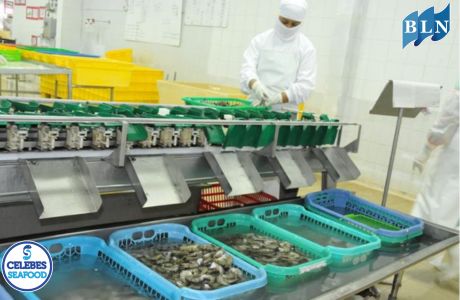


.jpg)
